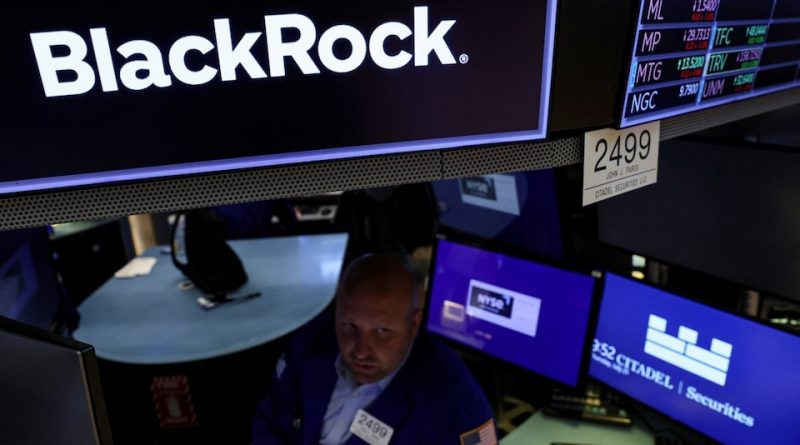BlackRock to close social impact fund after Tricolor collapse highlights lending sector risks
The asset management giant moves to wind down its Impact Opportunities fund after the bankruptcy of subprime auto lender Tricolor, signaling a strategic shift toward stronger risk management and portfolio stability.
BlackRock, the world’s largest asset manager, is winding down a social impact fund that invested in failed subprime car lender Tricolor, according to a report from the Financial Times on Friday.
The decision comes after Tricolor filed for bankruptcy in September, marking one of the biggest collapses in the U.S. subprime auto lending market this year.
People familiar with the matter said the firm plans to close the BlackRock Impact Opportunities fund to new investments, reflecting a recalibration of its impact investing strategy.
The move highlights BlackRock’s proactive approach to mitigating risk and preserving investor confidence amid growing volatility in the lending sector.
The Impact Opportunities fund, launched to back projects aimed at improving financial inclusion and social equity, had invested in several ventures targeting underserved communities.
Tricolor, a Texas-based auto lender, focused on providing car loans to Hispanic and low-income borrowers, but was severely hit by rising interest rates, tightening credit conditions, and weakening repayment capacity among its customer base.
BlackRock’s decision to close the fund marks a pivotal moment in the evolution of socially driven investment vehicles.
While the firm remains a vocal advocate of sustainable and inclusive finance, it is now taking steps to ensure that such investments are backed by more resilient business models.
Analysts said this demonstrates a renewed focus on balancing social impact with long-term financial security — a lesson that may influence how global asset managers approach ESG and impact investing going forward.
According to the Financial Times report, BlackRock informed employees that the fund would be closed to new inflows as it evaluates remaining assets and reallocates capital.
The move follows months of scrutiny over the fund’s exposure to higher-risk loans amid the ongoing pressure on U.S. consumer debt markets.
Sources said that while the firm remains committed to addressing inequality through its investment platforms, the experience with Tricolor has prompted internal discussions about better risk assessment standards for socially focused portfolios.
The collapse of Tricolor underscores the wider challenges facing subprime lenders in the current economic climate. Rising borrowing costs, stricter financial regulations, and a slowdown in used car prices have collectively strained many lenders catering to non-prime borrowers.
Industry experts noted that Tricolor’s failure reflects a broader trend in which socially oriented lenders struggle to balance accessibility and profitability under tightening macroeconomic conditions.
Still, the winding down of the fund does not mark a retreat from BlackRock’s broader sustainability goals. The company continues to invest heavily in renewable energy, affordable housing, and community development initiatives.
Analysts view the closure as a targeted step — designed to contain losses, reassess strategy, and reinforce investor trust — rather than a pullback from its commitment to responsible investing.
It also illustrates how even the largest global asset managers are adapting to a new era of cautious optimism, where impact must be matched with operational resilience.
BlackRock has not issued a public statement about the report, and Reuters could not immediately verify the Financial Times’ account.
However, market observers believe the firm’s move could influence similar funds across the sector to reexamine exposure to high-risk lending markets.
With interest rates remaining elevated and the U.S. economy showing mixed signals of strength, investors are becoming increasingly selective about where to place socially responsible capital.
The winding down of the BlackRock Impact Opportunities fund offers both a warning and a lesson for the financial industry. It shows that while impact investing continues to grow as a global priority, fund managers must strike a careful balance between social mission and sound credit evaluation.
For BlackRock, the decision reinforces its reputation for disciplined portfolio management, ensuring that even in times of uncertainty, investor protection remains paramount.



